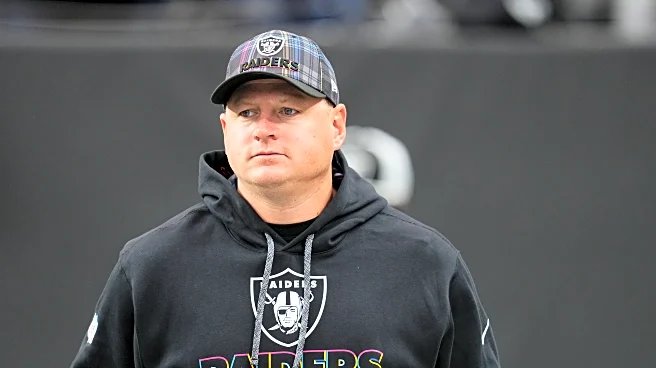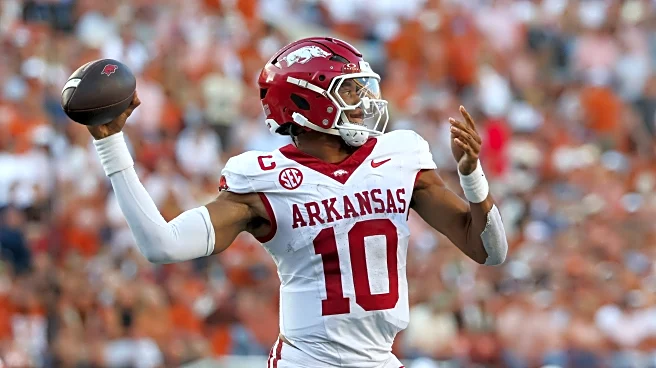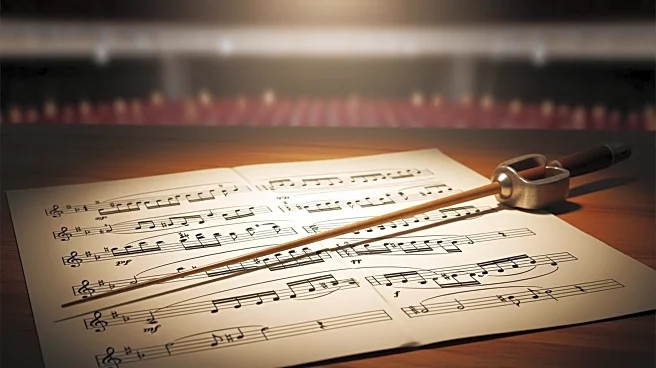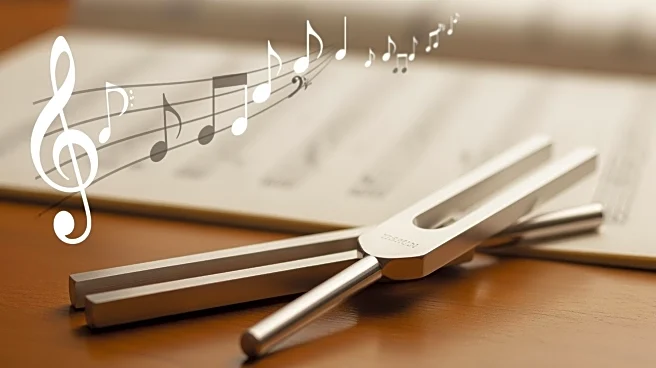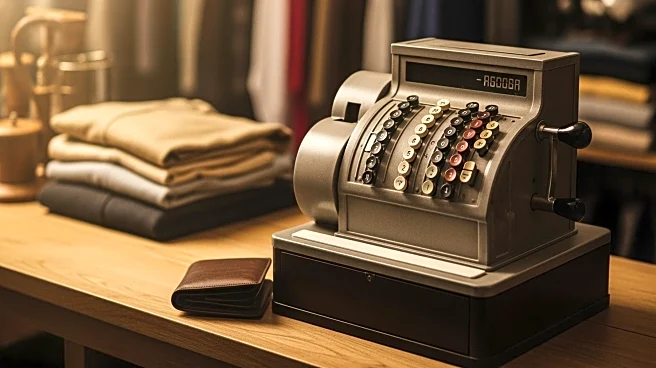
The Athletic’s John Hollinger filed an extensive report about the chatter he heard in Las Vegas during Summer League, and the Blazers played a featured role this year. As the former general manager and President
of the Memphis Grizzlies, Hollinger is connected around the league and hears from many others during the June event. For the Blazers, his report is sometimes upbeat, but not always. A subscription is required for The Athletic, and we’ll only cover a few tidbits from a long write-up.
He opened with Portland’s surprise signing of Damian Lillard. Despite the energy in Rip City, “talking to people in the league in the wake of it, this one had people scratching their heads.” He says the move is quite defensible, even if he has concerns that a Scoot Henderson breakout could “lend itself to some Kobe-in-2016 vibes.” Because on the other hand, it could give them an exit strategy.
The Blazers came into their nontaxpayer midlevel exception late after Deandre Ayton’s buyout, and Lillard was by far the best player they could get with that tool, this summer or next. Portland is far enough from next year’s tax line that this deal (and Holiday’s) have no material impact; even extensions for Shaedon Sharpe, Robert Williams and Toumani Camara wouldn’t push the Blazers into the tax in 2026-27. And the Blazers give themselves an off-ramp from the Scoot Henderson Experience if he doesn’t take a step forward in 2025-26.
He questioned whether it was the proper use of the Blazers’ mid-level exception, noting it as an opportunity cost of signing Portland’s late-career star. He felt that spot could have been left open for a player who would better fit the Blazers’ timeline, since Lillard is not expected to play until next season. “If they have to wait on Lillard anyway, wouldn’t they be better off waiting on somebody younger?”
However, Hollinger’s NBA contacts in Vegas seemed less focused on Lillard’s fit on the roster and salary cap, and more for why the Blazers chose the transactions they did. In a reminder that fans and team execs can both get conspiratorial, sale chatter showed up quickly.
If you’re one of those people who likes to plot out multi-layered conspiracies with charts and arrows, there’s also plenty of room for that type of thinking. Between the impending sale of the team, the Lillard move and the surprise selection of Chinese center Yang Hansen in the first round of June’s draft, a lot of the conversation in Vegas was about whether the Blazers are making purely basketball decisions right now. How much does the optics for a potential buyer influence the basketball choices?
He also discusses the league’s expansion plans, which didn’t necessarily seem like the NBA’s manifest destiny in NBA Commissioner Adam Silver’s recent press conference. Hollinger heard teams concerned that the collapse of local TV deals could play a role in the owners wanting to slow-walk any expansion.
The league can always sell buyers on a team in Seattle later, but whenever it does, it needs to make sure it’s a win beyond the initial windfall of an expansion fee. In particular, figuring out the imploding local TV landscape is critical, given that two new teams would just dilute the league’s national TV contract for the other 30 owners.
He ended expansion talk with a statement that could be seen as ominous for Blazer fans, considering Silver’s hedging statements on the league’s commitment to keeping the Blazers in the city of Portland, while discussing their perceived need for a new arena. By leaving Seattle NBA-less a little longer, they maintain leverage against municipalities.
Meanwhile, as long as Seattle has no team, it serves as a useful boogeyman for every other franchise that wants a new arena.
Hollinger also discussed the specifics of Lillard’s expected income on his new contract combined with the Bucks deal, and the status of both LeBron James and the Phoenix Suns, who can no longer buy drinks on their owner’s dime.
More from blazersedge.com:
- Is Jusuf Nurkic slimming down over the offseason?
- How Terry Stotts Can Tweak the Trail Blazers’ Offense
- Sebastian Telfair Arrested in Brooklyn
- Twitter Roundup: Trail Blazers Work Out Adebayo, Ferguson, and More
- Could Carmelo Anthony End Up in Portland?
- NBA Draft Profile: Jawun Evans
- Portland Trail Blazers Mock Draft Roundup
